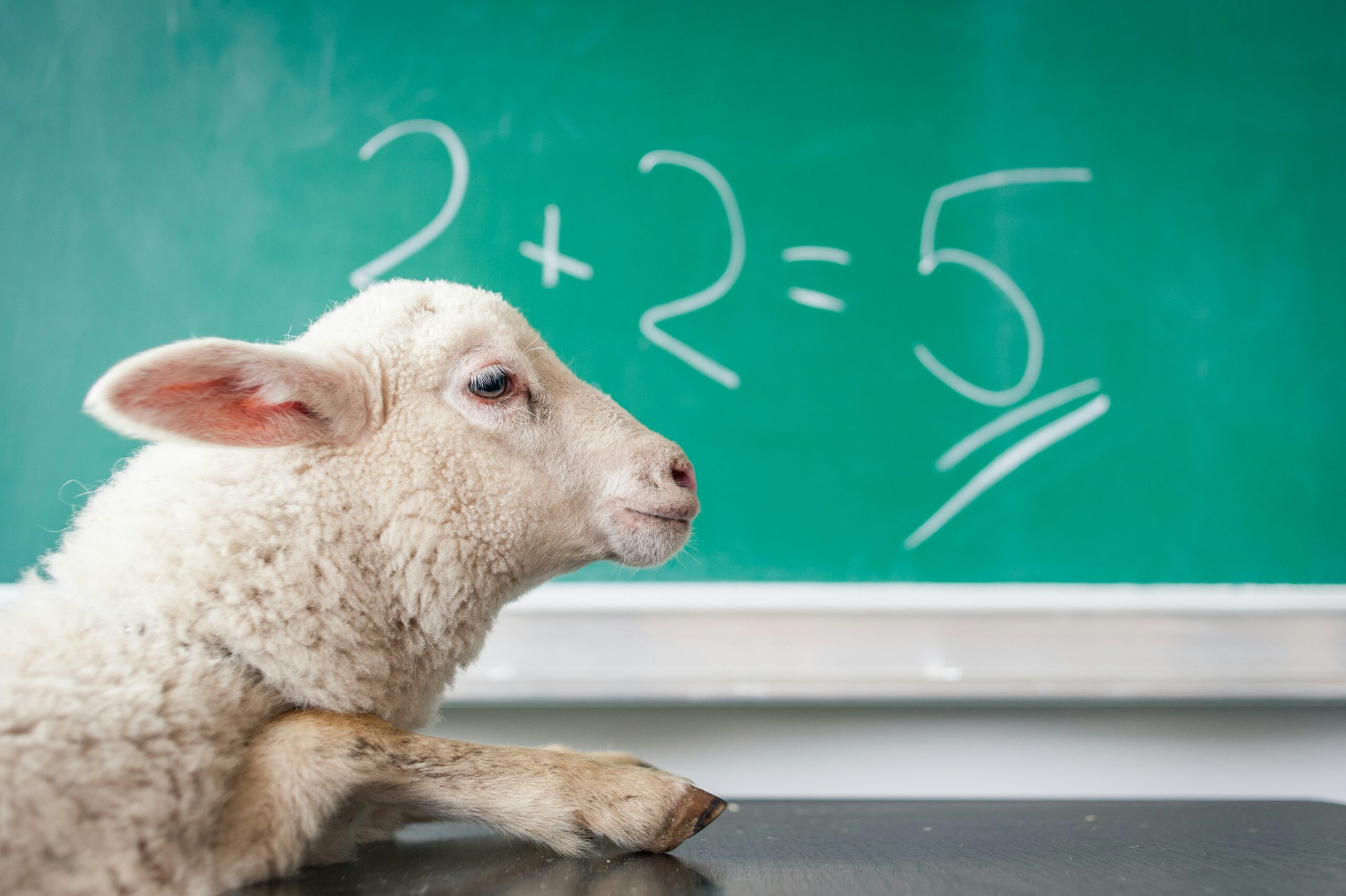Hey guys, here is my second article for December, which primarily focuses on the purposes of informal language, which will be useful for unit 3 Area of Study 1 (Informal Language). This article also will briefly address the very important distinction between function and social purpose.
Social purpose and function are not interchangeable terms. The function of a text is its very basic rationale, such as to inform, to instruct or to persuade. On the other hand, social purpose has a much broader application and tends to go deeper into the text and why it was said or written. For example, a recipe may have the function of instructing someone as to how to make a particular dish, however there may be a social purpose of establish rapport and trust with readers, or helping to establish, ‘branding,’ for the purposes of marketing and promotion.
The study design lists the main social purposes of informal language as:
- Encouraging intimacy, solidarity and equality
- Maintaining and challenging positive and negative face needs
- Promoting linguistic innovation
- Supporting in-group membership
If you do not know where to find the study design, it can be found here: https://www.vcaa.vic.edu.au/Pages/VCE/studies/englishlanguage/englangindex.aspx
It is also important to be aware that informal language can serve purposes other than listed by the study design, although these are the ones that you absolutely must be across.
Informal language tends to be effective in building rapport, solidarity and intimacy among those who use it. One example of this is the way that the colloquial term, “mate,” tends to be used in Australia. It is very common in Australia that somebody will say something along the lines of, “thanks mate,” or, “no worries mate,” especially after receiving or providing goods and services. The use of this less formal term helps to reduce social distance between interlocutors, and thus helps to promote a sense of solidarity between them. Additionally, slang (which is generational, so please make sure that you can distinguish slang from colloquialisms), also helps to create rapport and solidarity among those who use it, as well as a strong sense of in-group membership as it includes those who use and understand the terms, whilst simultaneously excluding those who do not.
Additionally, creative word formations such as shortenings, blends (where two or more words are combined to form a new word, although some letters are omitted), and compounding (where two or more words are combined to form a new word, and no letters are omitted), also tend to be informal and these processes help to promote linguistic innovation, as do initialisms and acronyms. Linguistic innovation can also act as a significant marker of in-group membership as it tends to be generational or done within certain social groups.
I hope that you guys have a good festive season and I will have more articles for you in the new year. Also, in doing some research for this article, I came across this website which proved to be a very useful resource. https://www.englishworks.com.au/
If you loved this article, you will LOVE all of our other articles, such as: How to choose University courses and Will anyone care about your ATAR in a year?
About Learnmate
Learnmate is a trusted Australian community platform that connects students who want 1:1 or small group study support, with tutors who are looking to share their knowledge and earn an income. From primary school to high school subjects — from science and maths to niche subjects like visual communication — Learnmate can help you improve academic performance or boost confidence, at your pace with the tutor that you choose.
We pride ourselves in offering a reliable and positive experience for both our students and tutors. Every tutor that joins the platform is vetted to meet a level of academic excellence, teaching qualification or relevant experience. All tutors are provided the opportunity to complete professional training.
Students and parents can easily find and screen for tutors based on their location, their subject results or skill level, and whether they provide in-person or online sessions. Learnmate is proud to provide tutors in Melbourne, Sydney, Geelong, Brisbane, Hobart, Canberra, Perth & Adelaide, and other locations.
Learnmate also has tutors for all curriculums: HSC, IB, QCE, BSSS, SACE, TASC, WACE, VCE and UMAT



